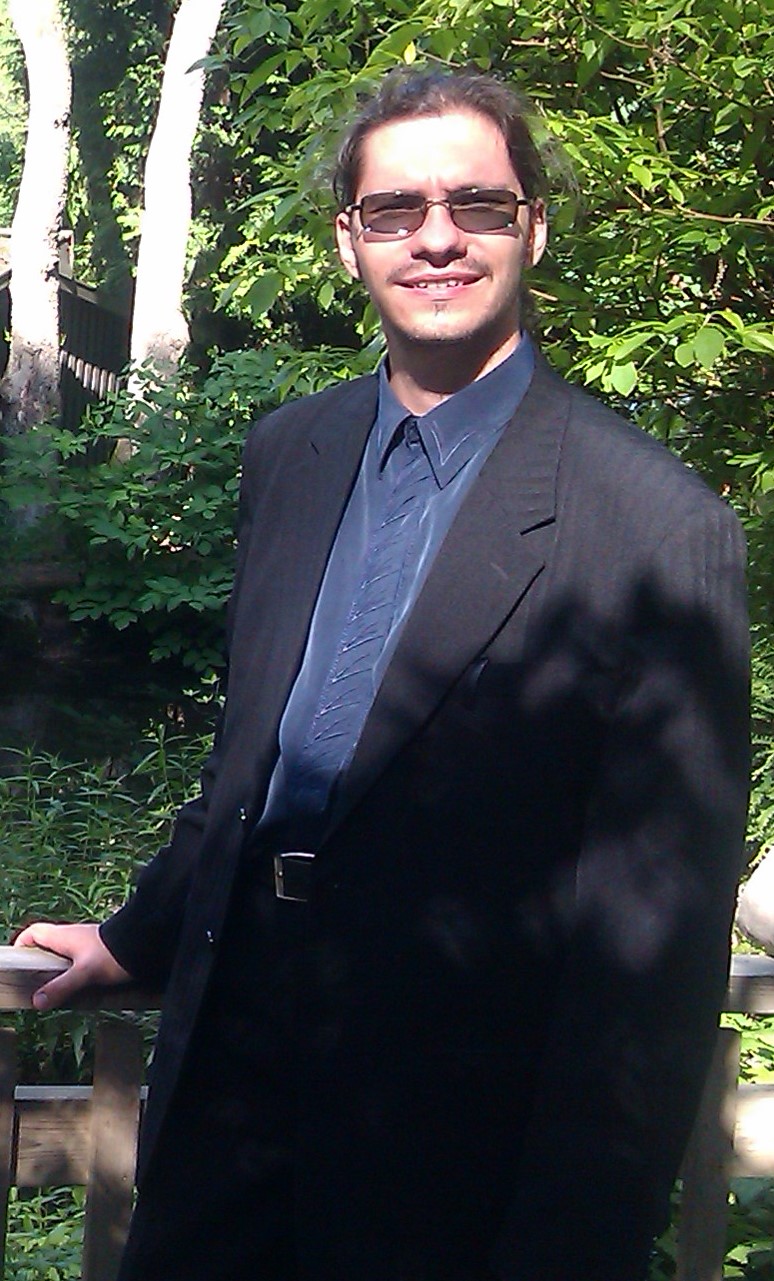The practice of exorcism came to Russia in the 17th century, when the Catholic rite was included in orthodox prayer books by metropolitan Peter Mogila. In the 18th and 19th centuries cases of exorcism were rare, for a time it was even banned by the state. Before the revolution the fashion on exorcism began, at the same time enlightened society held the view that possessed were ill with a nervous disease. In the new Russia the practice of exorcism was revived, it began with the simple priests; later influential elders-exorcists appeared they attract thousands of people to the so-called “otchitka” (rituals of exorcism). Contemporary practice of otchitka has very little in common with pre-revolutionary Russian practices and even less in common with the classical cases of possession described in early Christian literature. The otchitka today is a kind of performance contained a number of patterns similar to modern exorcist practices of Catholicism and Protestantism. The transformation of exorcism practice under the influence of historical and cultural realities is an indicator of the transformation of Christianity itself, which absorbs external influences (political, religious, esoteric, cultural). Thus, this study is not anthropological or sociological, but use the frame of culture studies, its focuses on the ideas about the practice and ideology of exorcism, primarily formed in the circles of the Orthodox clergy, the theological elite that defines this discourse in modern Russia. This article aim is to demonstrate how exorcism in the contemporary Russian Orthodox Church correlates with the Russian New Age culture. The following questions are considered: How and why is its correlation with the Christian practice of exorcism possible? How was this practice formed in contemporary Russian Orthodoxy? How is it being implemented now and what New Age elements are present in it?
Key words: exorcism, Russian Orthodoxy, possession, New Age, Western esotericism, Christianity, USSR
DOI: 10.22250/20728662_2023_2_66
About the author
 |
Pavel G. Nosachev – St. Tikhon’s Orthodox University; HSE University; |






